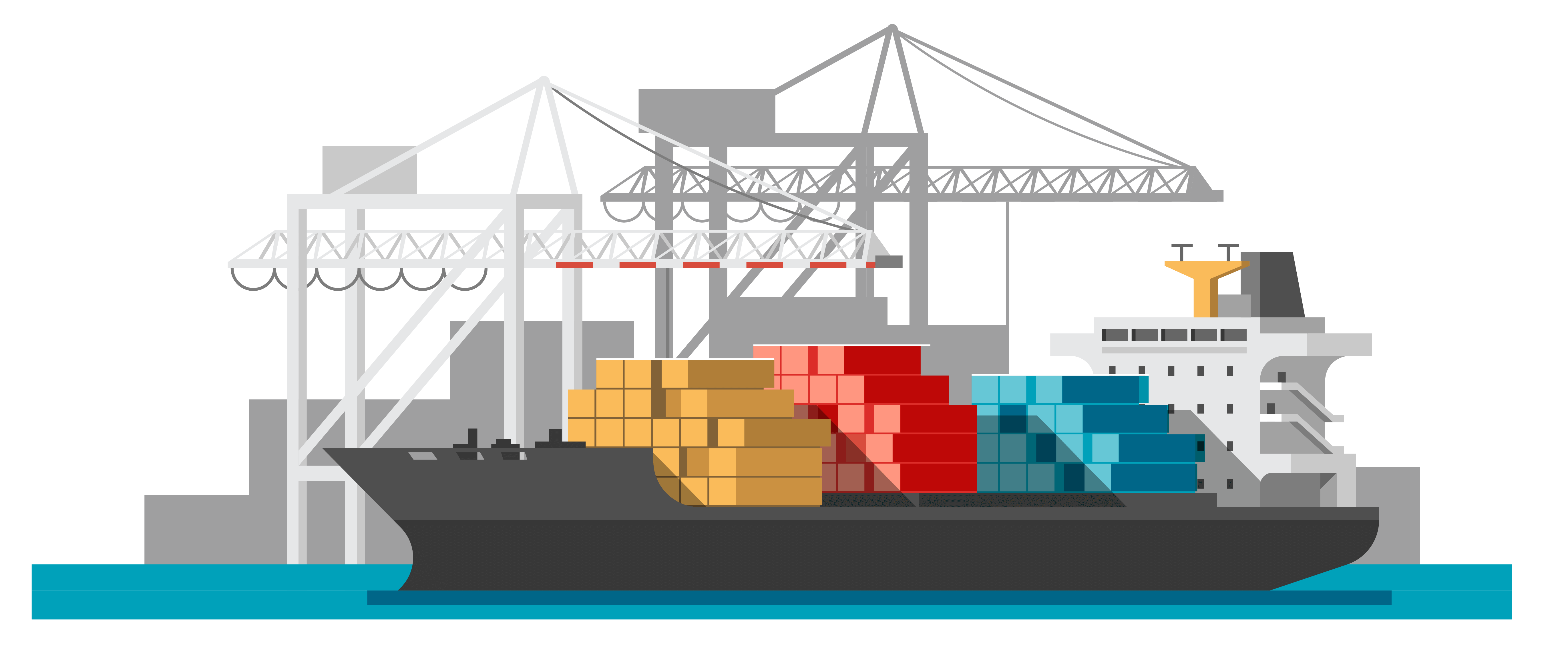Still Exploring?
Looks like you’ve been exploring our platform.
Want to see everything in one place?
Human trafficking is the enslavement and/or trade of people, typically for purposes of forced labor or sexual exploitation. Victims of human trafficking are coerced, deceived or otherwise forced into situations with no clear escape. Human trafficking does not necessarily require people to cross borders, though it is a common occurrence, and it can involve several forms of exploitation, including but not limited to:
 Forced labor.
Forced labor.
No country or supply chain is insulated from the global threat of human trafficking. As of 2016, an estimated 40.3 million people worldwide were victims of human trafficking and modern slavery, but exact numbers are difficult to find due to the illicit nature of the issue. The number of reported victims has risen steadily since 2009 as a result of enhanced national capacities to detect, record and report on human trafficking cases, according to the United Nations Office of Drugs and Crime (UNODC). As more countries adopt anti-human trafficking policies, the UNODC expects that the number of detected cases will increase.
As global supply chains have grown in complexity, it has become easier to hide human trafficking operations within them, drawing increased international focus on regulatory efforts. One key anti-trafficking measure, the United Nations Protocol to Prevent, Suppress and Punish Trafficking Persons, required ratifying UN member states to implement domestic legislation to restrict, discourage or entirely prohibit human trafficking and slavery.
Some examples of the resulting domestic legislation that combats human trafficking include:
Assent’s Human Trafficking & Slavery Module, part of the ESG Supply Chain Solutions, helps companies comply with human trafficking legislation. Features include: